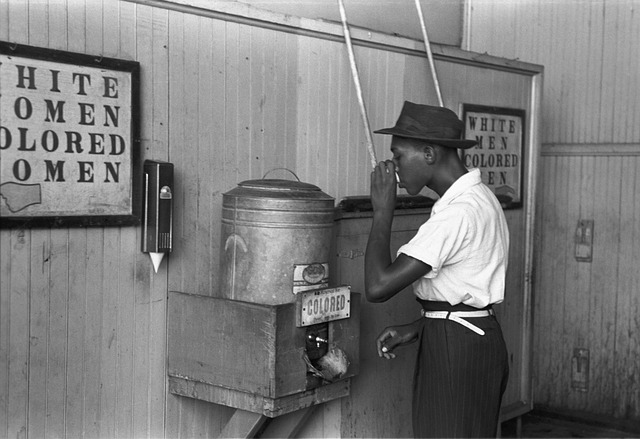
Bridging the Gap: How Foundations and Philanthropy Can Drive Racial Equality in the Economy
In today’s world, the pressing need for racial equality permeates every aspect of our lives, especially within the economy. Despite significant progress over the past decades, racial disparities continue to hinder the collective potential of diverse communities. Foundations and philanthropy are not only vital players in fostering change but are also uniquely positioned to bridge the critical gap that exists between intention and impact.
When we think about the role of philanthropy in promoting racial equality, it becomes clear that financial resources alone are not enough. True change requires a deep understanding of community needs and the commitment to engage authentically with those who are often left out of conversations about economic empowerment. Foundations have the opportunity—and responsibility—to invest in initiatives that promote equitable access to economic resources, education, and opportunities for minority communities.
Through strategic grant-making, foundations can support programs that provide skills training, entrepreneurship education, and access to networks that can elevate marginalized voices in the economic landscape. For instance, by funding community-based organizations that focus on vocational training for people of color, we can help break the cycle of poverty and unemployment that disproportionately affects these populations.
Philanthropy must also emphasize partnerships with businesses to create inclusive economic policies that foster racial equality. Collaborations that prioritize diversity in hiring and equitable pay not only benefit individuals but also enrich the economy as a whole. By advocating for change within corporate structures and encouraging ethical business practices, foundations can help dismantle systemic barriers that perpetuate inequality.
Investing in local entrepreneurs and minority-owned businesses is another critical area where foundations can make a significant impact. Providing micro-grants, tools for business development, and mentorship opportunities can empower individuals to create their own pathways to success. By fostering economic independence within underserved communities, we lay the groundwork for lasting change that transcends generations.
However, the journey toward racial equality in the economy is not one that can be traveled alone. Collaborative approaches that involve community leaders, policymakers, and private sectors are essential for implementing systemic change. Foundations can facilitate this dialogue, ensuring that the voices of those most affected by inequality are not just heard, but centered in decision-making processes.
In the pursuit of racial equality, it is critical to recognize that our collective responsibility as a society goes beyond mere acknowledgment of the issues. It involves actively collaborating within communities and leveraging resources to create a more equitable economic landscape. By bridging the gap between foundations and philanthropy with those in need, we can cultivate a future where racial equality is not just an aspiration but a reality.



